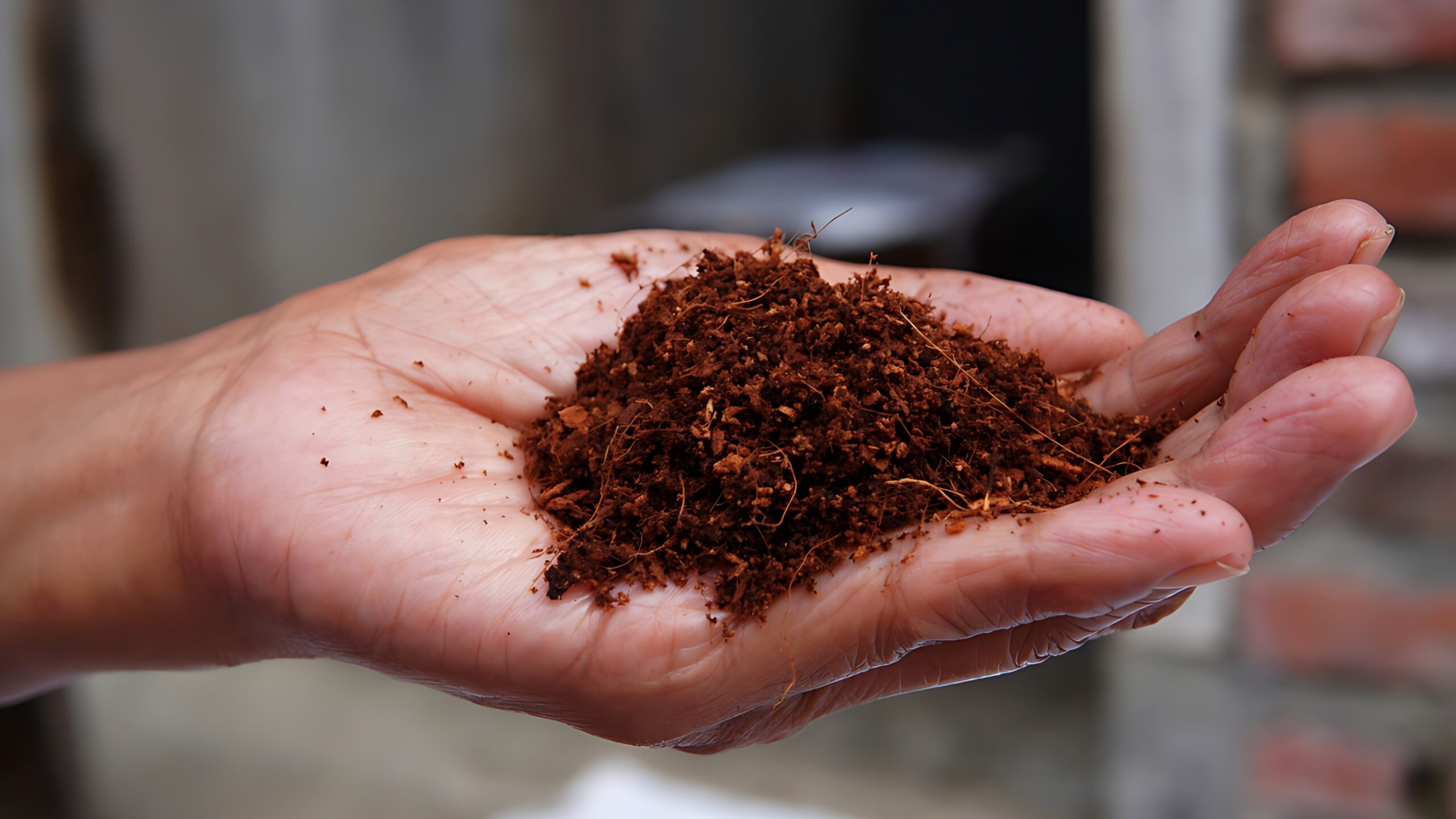Are you in search of a sustainable and efficient solution that can revolutionize your gardening experience? The answer lies in the benefits of coco peat.
This extraordinary by-product of the coconut industry is not just a friend to the environment, but it also offers many advantages for your plants.
From its impressive water retention capabilities and enhanced soil aeration to its resistance to diseases and neutral pH, cocopeat is the secret weapon that can take your garden to the next level.
Benefits of Coco Peat
The realm of horticulture and gardening is always on the lookout for sustainable, efficient, and environmentally friendly alternatives.
One such alternative that has been making waves is coco peat.
Extracted from the husk of coconuts, coco peat, also known as coir pith or coir dust, is a natural and renewable resource that brings a multitude of benefits to the table.
Let’s explore the benefits of coco peat and how it can revolutionize your gardening experience.
1. Superior Water Retention
One of the key benefits of coco peat is its remarkable ability to retain water.
It can soak up to 10 times its weight in water, making it an ideal medium for plants that thrive in moist conditions.
This characteristic also reduces the need for frequent watering, saving both time and water, a boon in regions prone to drought or water scarcity.
2. Enhanced Aeration
Coco peat is light and airy, providing excellent aeration for plant roots.
This feature is vital for the healthy growth of plants as it ensures that the roots get enough oxygen.
It also prevents soil compaction, which can inhibit root growth and cause plant stress.
3. Nutrient-Rich Environment
While coco peat itself is not rich in nutrients, it has an impressive capacity to retain and slowly release nutrients over time.
This means that when you add fertilizers or compost to coco peat, it will hold onto these nutrients and provide a steady supply to your plants, fostering healthier and more robust growth.
4. Resistance to Pests and Diseases
One of the benefits of coco peat is its natural resistance to bacterial and fungal infections, reducing the risk of plant diseases.
It also does not attract pests, offering additional protection for your plants. This can decrease the need for chemical pesticides, leading to a healthier and more organic garden.
5. Eco-Friendly Choice
Coco peat is a by-product of the coconut industry, which means its production helps to reduce waste.
It is also a renewable resource, unlike peat moss, which takes centuries to regenerate and is harvested at unsustainable rates.
By opting for coco peat, you are making an environmentally responsible choice that contributes to the sustainability of our planet.
6. Versatility
The benefits of coco peat extend to its versatility.
It is suitable for a wide range of plants and can be used in various gardening activities.
Whether starting seeds, potting plants, or improving your garden soil, coco peat can be a valuable addition to your gardening routine.
Its ability to retain moisture makes it an ideal medium for plants that require consistent watering, while its porous structure allows for good aeration and drainage.
Additionally, coco peat is an eco-friendly alternative to traditional peat moss, as it is a renewable resource and does not require the depletion of natural habitats.
Its neutral pH also makes it a great option for sensitive plants, as it will not affect the acidity or alkalinity of the soil.
Overall, the versatility of coco peat makes it a smart and sustainable choice for any gardening enthusiast.
Conclusion
In an era where sustainability is paramount, the benefits of coco peat offer a solution that is not only beneficial for your plants but also for the environment.
Its superior water retention, enhanced aeration, nutrient-rich environment, and pest resistance make it a top choice for gardeners.
So, when you’re pondering what to add to your garden, remember the benefits of coco peat.
Whether you’re an experienced gardener or a novice, incorporating coco peat into your gardening practices can lead to healthier plants and a more sustainable garden.
So why not give it a go? Your plants, and the planet, will thank you.




